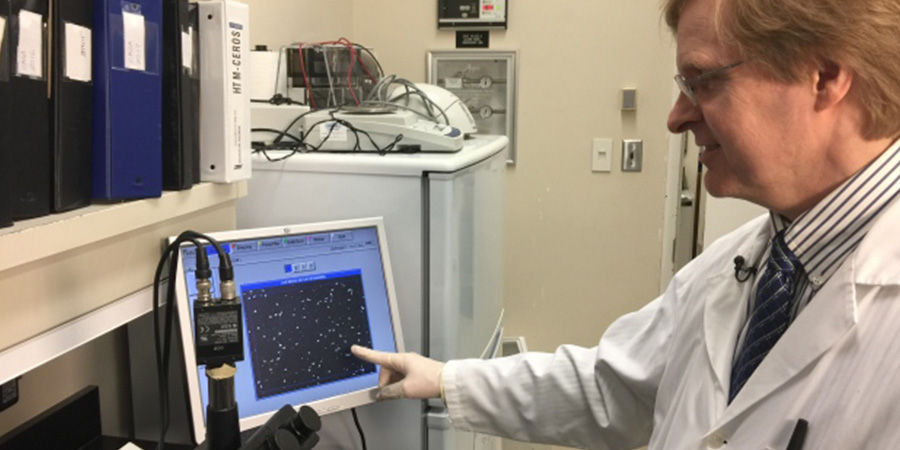The PSIF Resident Research Grant gave me the opportunity to investigate an issue of interest both to me and the medical community. Through this support, I was able to develop an analysis which goes into greater detail than previously available. In doing so, I worked collaboratively with many researchers who would otherwise not have interacted. While the true importance of this work remains to be seen, this opportunity has greatly enriched my research experience.” – Dr. Christopher Wallis
In 2014, a controversial article published in the Journal of the American Medical Association suggested that testosterone replacement therapy increases cardiovascular risk. Dr. Christopher Wallis of the University of Toronto knew he had access to a wealth of information available in Canadian healthcare databases to address this controversy. Through the support of PSI Foundation, Dr. Wallis was awarded a Resident Research Grant for $17,500 in 2015 in order to further investigate this question in his study titled “A population-based cohort study assessing cardiovascular and oncologic events associated with testosterone replacement therapy.”
Examining all patients over the age of 65 treated with testosterone and untreated, matched patients, Dr. Wallis and colleagues were able to conclude that testosterone treatment over the long-term is associated with a decreased risk of death and cardiovascular events.
Dr. Wallis has now published these results in the Lancet Diabetes & Endocrinology and has shared this information with fellow doctors at international medical meetings and with the public through radio, print and online interviews in Canada and the United States.
While there are limitations to conclusions which can be drawn from these data, this represents an important step in our understanding as well as reassurance to patients receiving and physicians prescribing testosterone. The authors hope that these results will provide the impetus for further research understanding the mechanisms of testosterone’s effect on the cardiovascular system.
For more information, click on the following link:
Long-term treatment key to safe testosterone replacement therapy: study



